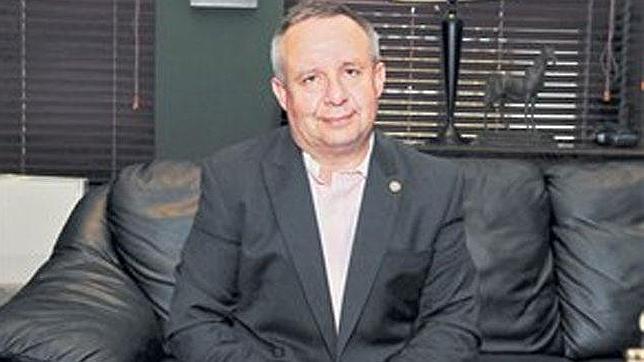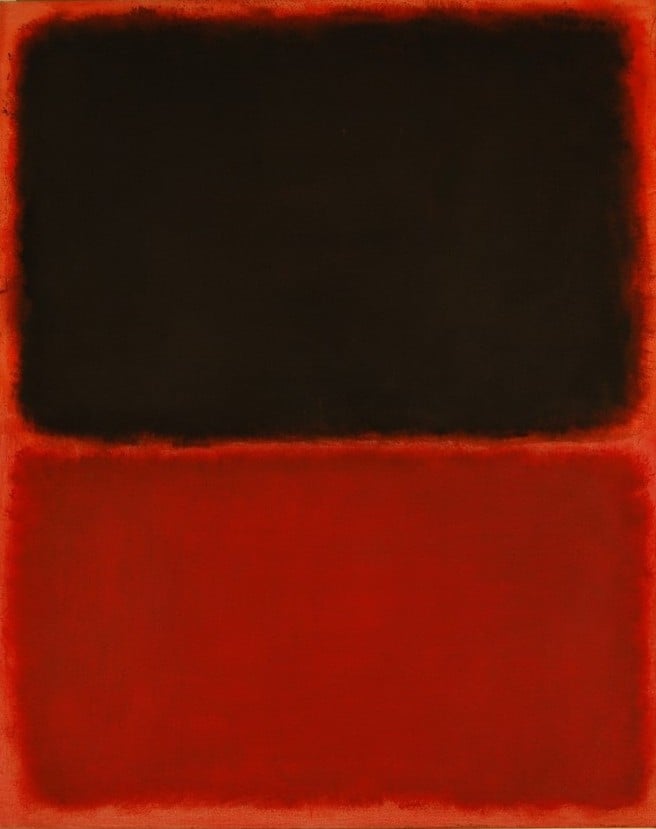Analysis
Accused Knoedler Forgery Mastermind Gets Postponement for Extradition From Spain
"I don't want to go to America," he said.

"I don't want to go to America," he said.

Eileen Kinsella

José Carlos Bergantiños Díaz, the alleged mastermind behind the massive Knoedler forgery scandal that eventually shuttered the long-running New York-based gallery in 2011, has won a postponement of his extradition to the US to face fraud and money laundering charges. His lawyer presented a Spanish high court with evidence suggesting an ongoing illness that leaves Bergantiños Díaz unable to travel, according to Spanish newspaper La Voz de Galicia.
His attorney, J. A. Sánchez Goñi, requested a medical examination due to his client’s fragile health and the request was approved. Bergantiños Díaz will not appear in court again until the situation is resolved, but there was no time frame given.
“I don’t want to go to America,” said Bergantiños Díaz, according to La Voz. (“Neither did Pablo Escobar,” quipped a source familiar with the case.)

A painting sold by Knoedler as a Mark Rothko that turned out to be fake.
As artnet News reported in February, and directly on the heels of the settlement of the major Knoedler lawsuit brought by defrauded collector Domenico de Sole, Spain’s National court approved an extradition request for both José and his brother, Jesús Ángel Bergantiños Díaz, who also participated in the fraud, according to the federal indictment filed in 2014.
artnet News reached out to both the US Attorney’s Office and the FBI, but both declined to comment on the news.
Glafira Rosales, the only person in the case who pleaded guilty to the activities of the forgery ring, has yet to be sentenced. She and José have a daughter together.
Both José and Jesús were detained in Spain in April 2014, and both have dual nationalities (US and Spain). In order to avoid paying taxes on the funds they received for the forged paintings, the brothers insisted on being paid by bank transfer into Spanish accounts. Prosecutors in the US indictment laid out extensive details of these transfers, which lead to the brothers’ detention.
Judge Fernando Andreu let them go free after taking their passports and prohibiting them from leaving Spain until the upcoming extradition hearing.